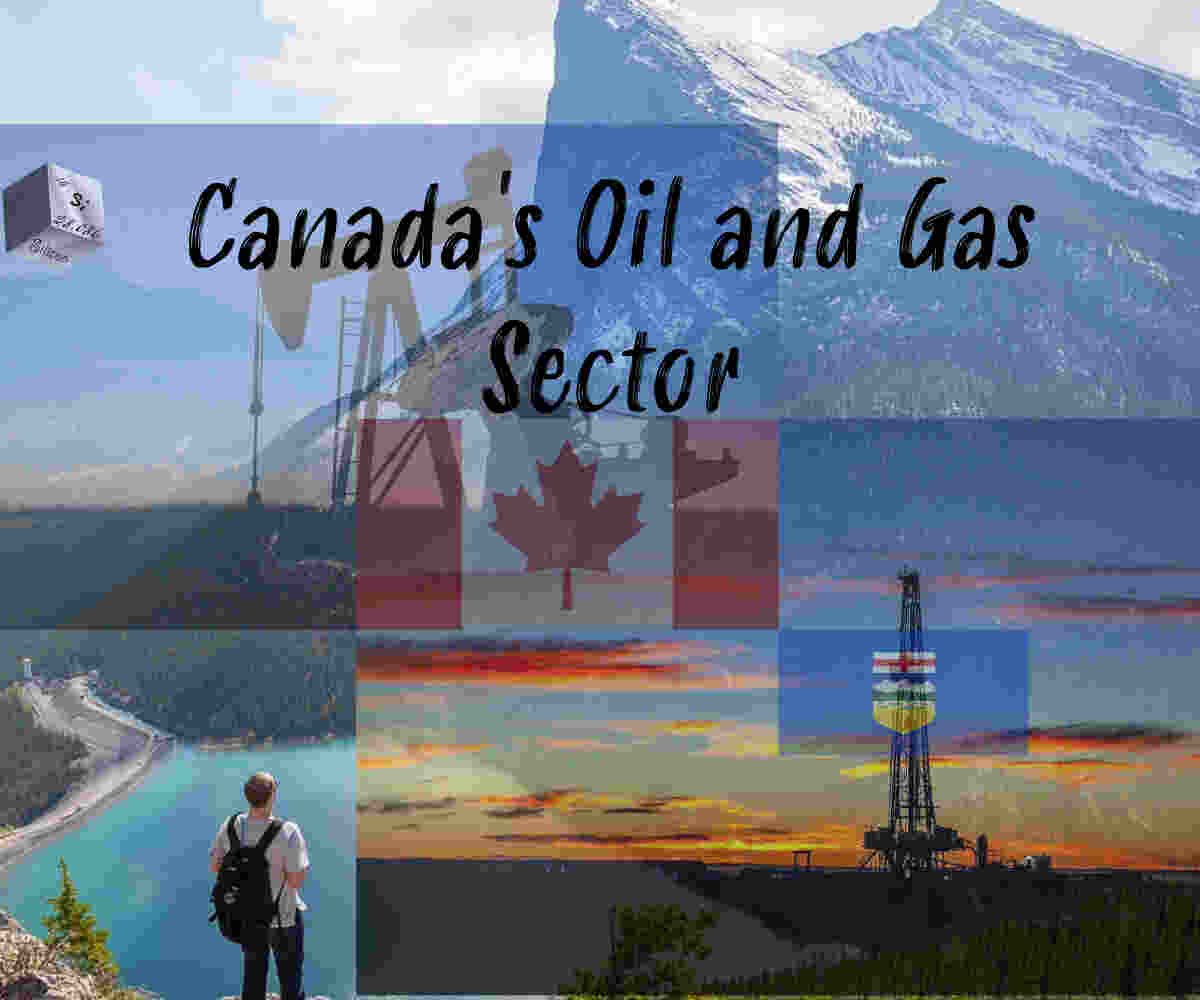The Impact of Technology on Employment in Canada’s Oil and Gas Sector

Canada’s oil and gas sector has long been a crucial contributor to the country’s economy, providing employment opportunities and driving economic growth. Over the years, technological advancements have significantly transformed the landscape of the industry, leading to an increased demand for skilled professionals. This article explores how technology has impacted job creation in Canada’s petroleum sector and outlines the qualifications individuals need to secure employment in this evolving industry.
Technology’s Role in Job Growth
Technological innovations have played a pivotal role in reshaping the oil and gas industry in Canada. Automation, data analytics, and artificial intelligence have become integral components of exploration, production, and distribution processes. As a result, the sector has experienced increased efficiency, reduced costs, and improved safety measures. This technological evolution has led to the creation of new roles and an expansion of the workforce within the industry.
One significant area where technology has boosted job opportunities is in the field of digitalization and data management. The oil and gas sector now relies on sophisticated data analytics tools to optimize operations, predict equipment failures, and enhance overall productivity. This shift has necessitated the hiring of data scientists, analysts, and specialists proficient in managing complex datasets.
Additionally, advancements in drilling technologies, such as the application of robotics and smart drilling systems, have increased the demand for engineers and technicians with expertise in these cutting-edge tools. The integration of Internet of Things (IoT) devices in oil extraction processes has further widened the scope for professionals with skills in IoT technologies and cybersecurity.
Alberta’s Global Standing in Oil Reserves:
Alberta boasts the third-largest proven oil reserves globally, following Venezuela and Saudi Arabia. The oil sands in northern Alberta, containing heavy crude bitumen, represent a significant portion of these reserves. The province’s strategic importance in the global energy landscape has led to sustained investment and development in the oil sector.
- Venezuela: Venezuela holds the world’s largest proven oil reserves, primarily in the form of heavy crude oil. However, political and economic challenges have hindered the country’s ability to fully capitalize on its resource wealth.
- Saudi Arabia: As the largest exporter of oil globally, Saudi Arabia possesses vast conventional oil reserves. The country has played a pivotal role in shaping global oil markets and maintaining a stable supply.
Qualifications for Employment in Canada’s Oil and Gas Industry
Given the evolving nature of the industry, individuals aspiring to work in Canada’s oil and gas sector must possess a combination of traditional qualifications and adaptability to emerging technologies. Here are key qualifications and skills that can enhance one’s prospects in this field:
- Educational Background:
- A bachelor’s degree in engineering, geoscience, or a related field is often a prerequisite for many positions in the industry. Specialized degrees in petroleum engineering or environmental science can provide a competitive edge.
- Technical Proficiency:
- Familiarity with industry-specific software, such as reservoir simulation tools, GIS (Geographic Information System), and data analytics platforms, is essential. Continuous learning and staying updated on the latest technological trends are crucial for remaining competitive.
- Certifications:
- Obtaining relevant certifications, such as those offered by professional organizations like the Society of Petroleum Engineers (SPE) or the International Association of Drilling Contractors (IADC), can enhance one’s credibility and demonstrate a commitment to professional development.
- Adaptability and Continuous Learning:
- The rapidly evolving nature of technology in the industry requires professionals to be adaptable and open to continuous learning. Pursuing additional courses, workshops, or certifications in emerging technologies can be advantageous.
- Soft Skills:
- Effective communication, problem-solving, and teamwork skills are highly valued. The collaborative nature of oil and gas projects often requires professionals to work seamlessly with multidisciplinary teams.
- Safety Certifications:
- Given the inherent risks associated with the oil and gas sector, possessing relevant safety certifications is crucial. Certifications such as H2S Alive or First Aid/CPR are commonly required.
The convergence of technology and the oil and gas sector in Canada has resulted in a dynamic and growing industry with increased employment opportunities. Professionals equipped with the right qualifications, a commitment to ongoing learning, and a willingness to embrace technological advancements are well-positioned to thrive in this evolving landscape. As the industry continues to adopt innovative solutions, the demand for skilled individuals is expected to persist, making the oil and gas sector an exciting and promising field for those seeking fulfilling and impactful careers in Canada.
Thank you for your sharing. I am worried that I lack creative ideas. It is your article that makes me full of hope. Thank you. But, I have a question, can you help me? Binance推荐
I don’t think the title of your article matches the content lol. Just kidding, mainly because I had some doubts after reading the article. create a binance account